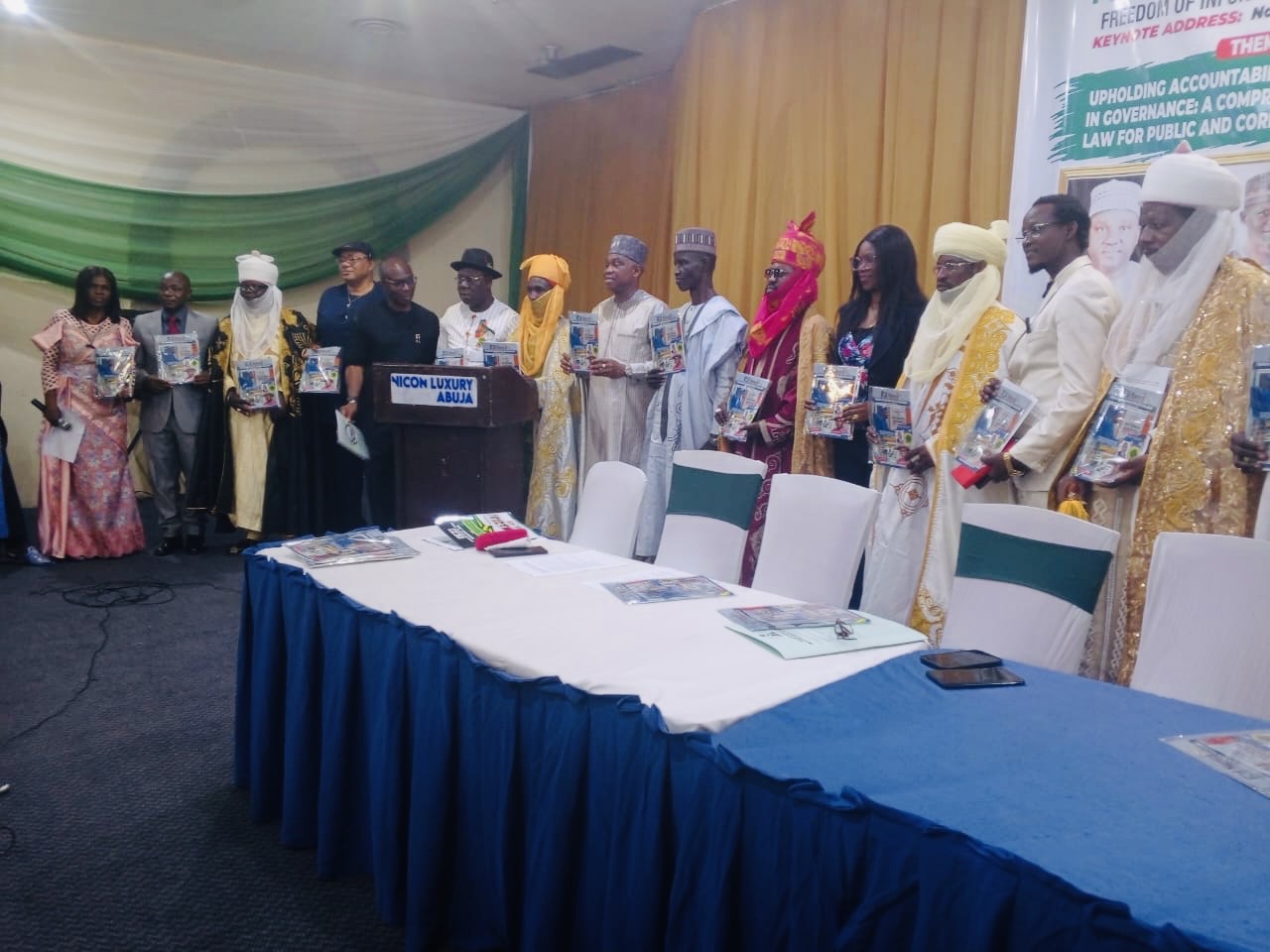Speaker urges FOI digitalisation in MDAs
By Olasunkanmi Onifade Speaker of House of Representatives, Abbas Tajudeen, has called for digital mainstreaming of Freedom of Information (FOI) compliance frameworks in Ministries, Departments, and Agencies (MDAs) to enhance transparency and accountability in governance. Tajudeen made the call during a two-day FOI strategic stakeholders’ training workshop in Abuja onContinue Reading















